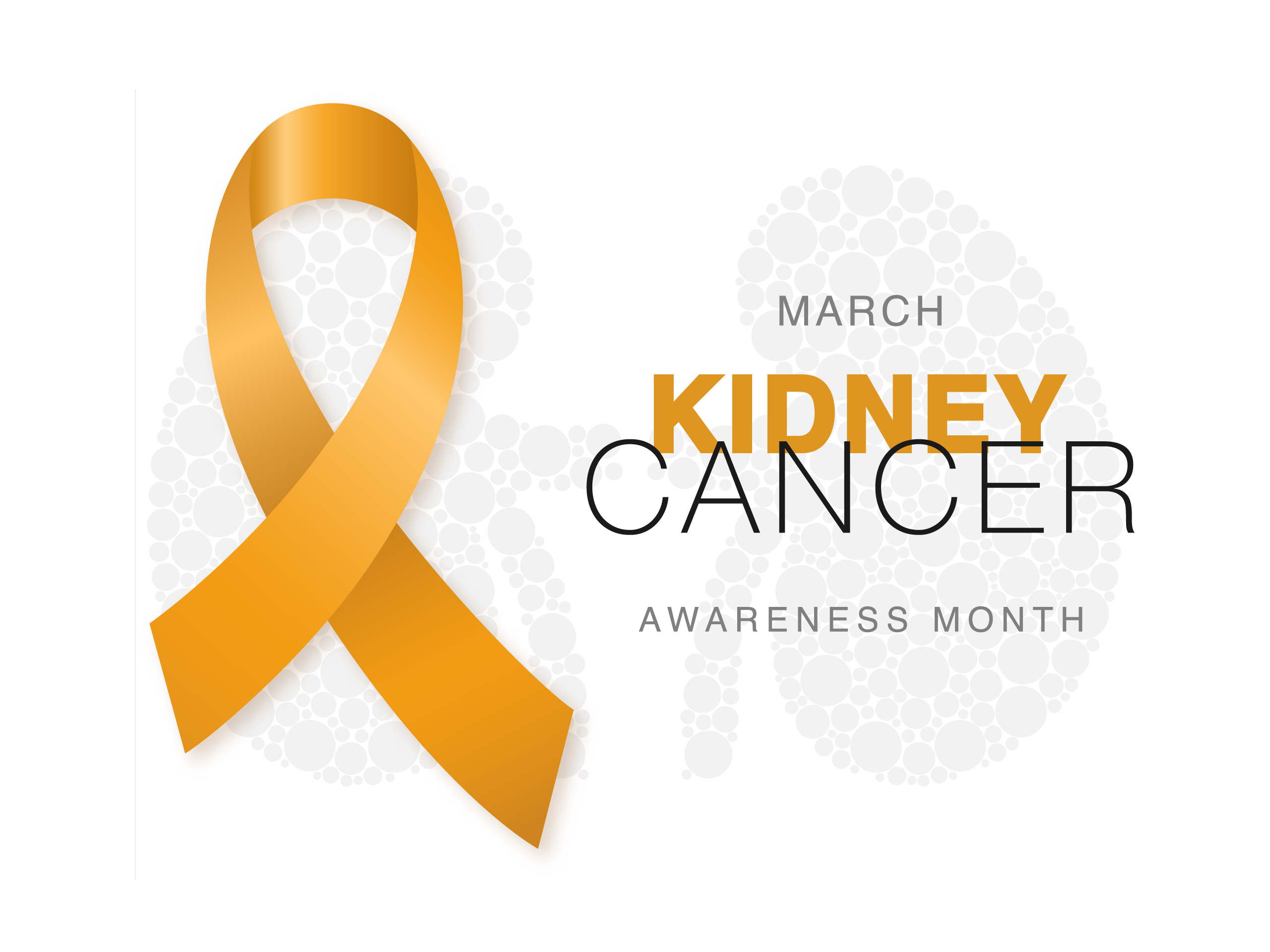
New Brunswick, N.J., March 8, 2021 – Nearly 74,000 people will be diagnosed with kidney cancer in the United States this year according to the American Cancer Society. The kidneys are two bean-shaped organs located just below the rib cage, one on each side of your spine. Healthy kidneys filter blood to remove waste and extra water to make urine. Kidney cancer, also known as renal cell carcinoma or RCC, forms when healthy cells in one or both kidneys grow out of control. Here is what you should know:
- There are several types of kidney cancer.
Renal cell carcinoma (RCC) is the most common type of kidney cancer, with about 9 in 10 kidney cancers classified as such. There are several subtypes of RCC.
- Early kidney cancer often does not show symptoms.
Although symptoms may not show at first, there are some signs that should prompt you to see a doctor such as blood in the urine, pain in the side that does not go away, a mass on the side or lower back, tiredness, unexplained weight loss, a fever, and swelling of the ankles and legs. People with these symptoms should tell their doctor so that any problem can be diagnosed and treated as early as possible.
- There are factors that may put you at risk for developing kidney cancer.
Risk factors for developing kidney cancer include smoking tobacco, obesity, high blood pressure and people who receive long-term dialysis to treat chronic kidney failure. Additionally, if someone in your family is known to have had kidney cancer, the chances for developing kidney cancer are greater.
- Treatment options and recommendations depend on several factors.
There are many treatment options available for patients with RCC. Meeting with a urologic oncologist will help determine the treatment that is best for you based on the size of the tumor and whether or not it has spread outside the kidney.
- Cutting-edge research is helping us attack kidney cancer.
Experts in the Urologic Oncology Program at Rutgers Cancer Institute are making advancements in the prevention and treatment of kidney cancer through basic and clinical research, which includes offering clinical trials for every stage of kidney cancer. Rutgers Cancer Institute is also a leader in complex kidney cancer surgery, including robotic partial nephrectomy, IVC thrombectomy, and cytoreductive nephrectomy.
Learn more about the Urologic Oncology Program at Rutgers Cancer Institute of New Jersey: https://www.cinj.org/patient-care/urologic-oncology-program.
Eric A. Singer, MD, MA, MS, FACS is associate chief of Urology and Urologic Oncology and director of the Kidney Cancer Program at Rutgers Cancer Institute of New Jersey; and associate professor of surgery and radiology at Rutgers Robert Wood Johnson Medical School.
For journalists – contact:
Krista Didzbalis
Media Relations Assistant
908-812-6114
krista.didzbalis@rutgers.edu
For patient appointments/inquiries – contact:
844-CANCERNJ (844-226-2376)

